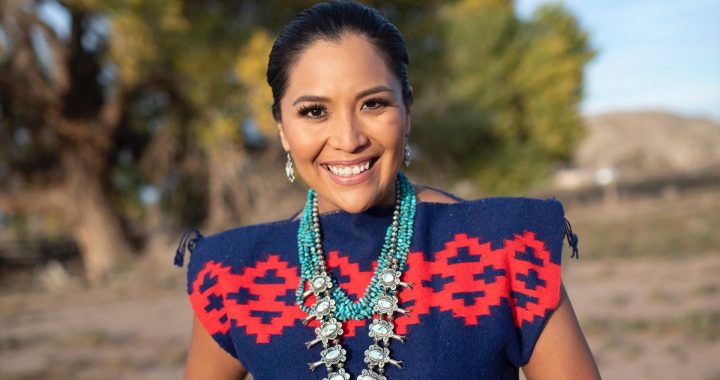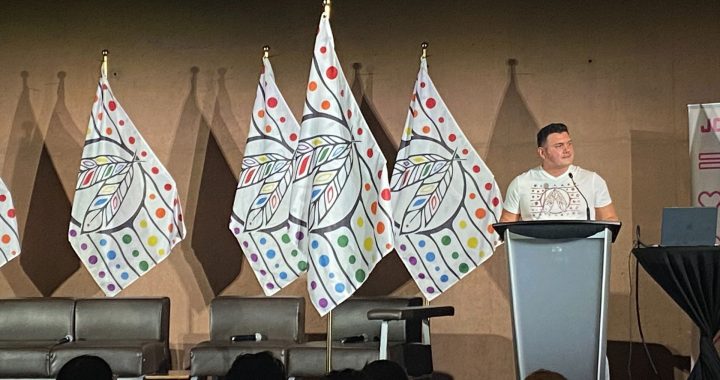Peguis First Nation in Treaty 1 territory is one step closer to taking control of its own child welfare services.
The largest First Nation in Manitoba is the latest community to take advantage of Bill C-92, an act respecting First Nations, Inuit and Metis children, youth and families.
A draft legislation titled Honouring our Children, Families and Nation Act has been created, also known as Peguis CFS law, and once enacted will see Peguis have jurisdiction to its members across Canada.
Chief Glenn Hudson said this act is a significant moment for the community.
“Today is a great day, it’s a great day not only for First Nations but it’s a great day for Peguis obviously. To be able to launch the first legislation and to be able to enable an act that involves our child and family services that is controlled and obviously the autonomy lies with Peguis and I think it’s a great day going forward,” Hudson said at the launch of the draft act.
The next step in having the law enacted is community feedback to determine if any changes need to be made to the draft act. There will be 21 community engagement sessions over the next few months.
Then Peguis will try to reach a coordination agreement with Canada and Manitoba.
Under Bill C-92, if no agreement is reached within 12 months, Peguis law would still take effect and would prevail over federal, provincial and territorial laws in any conflicts.
This means Peguis will be able to make decisions how they best see fit – with a big focus on keeping the youth in the community.
There are currently 326 children in care with 65 children on reserve and the remaining off reserve.
“It means everything to us. It means that we’re going to strengthen our nation. It means that we’re going to lift up our families, it means that we’re going to circle our children and give them whatever it is they need,” said Peguis Child and Family Services Executive Director Clemene Hornbrook.
“It means that we’re going to be healthy and that we’re going to work towards reconciliation within ourselves, reconciliation with our neighbour, reconciliation with you know Manitoba, reconciliation with Canada.”
One section of the draft act outlines the placement of a child, should one be needed. There is an order of priority of which the child will be placed with.
The first is with one of the child’s parent’s, followed by another member of the child’s family. Third, an adult member of Peguis First Nation and if that will not work a member of another Indigenous group and if all those measures do not work, then the child is placed with any other adult.
It is unclear how much money is available – as that is part of the negotiations between Canada and Manitoba.
Indigenous Services Canada did not get back to APTN for comment on how funding works, however, one restriction in the draft act is that any funding can only be used for child and family services.
“The act itself does have some funding requirements that we’ve set out, it’s going to be our law that sets out what can be done with the funding. So there’s restrictions on the funding for example. One restriction would be that funding for the implementation of the act cannot be used for debt reduction of the First Nation for example. That’s a funding restriction, it’s being earmarked only for child and family services,” said Earl Stevenson, Peguis CFS legal counsel.
The Peguis CFS Law will still use the Manitoba court system to settle disputes but the draft also outlines three alternatives to the court system.
They include customary care agreements, a family sharing circle and a community circle of care.
Hornbrook added this act has a special meaning to her.
“The end result of what this legislation means to me as a person who worked in child welfare for 22 years is we will not have any children in care. We will not be bringing any children in care and you know we’ve been doing this work all along.”
Peguis hopes to reach an agreement with the provincial and federal governments in the coming months, but if one is not reached, the act would take effect in January 2022, one year after the request was made as outlined under Bill C-92.









